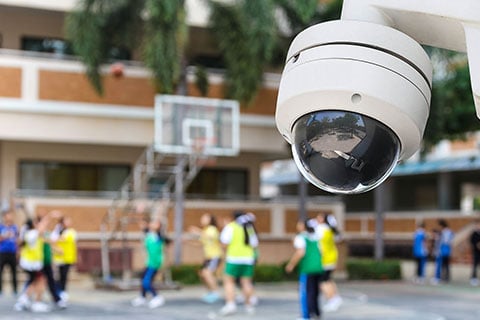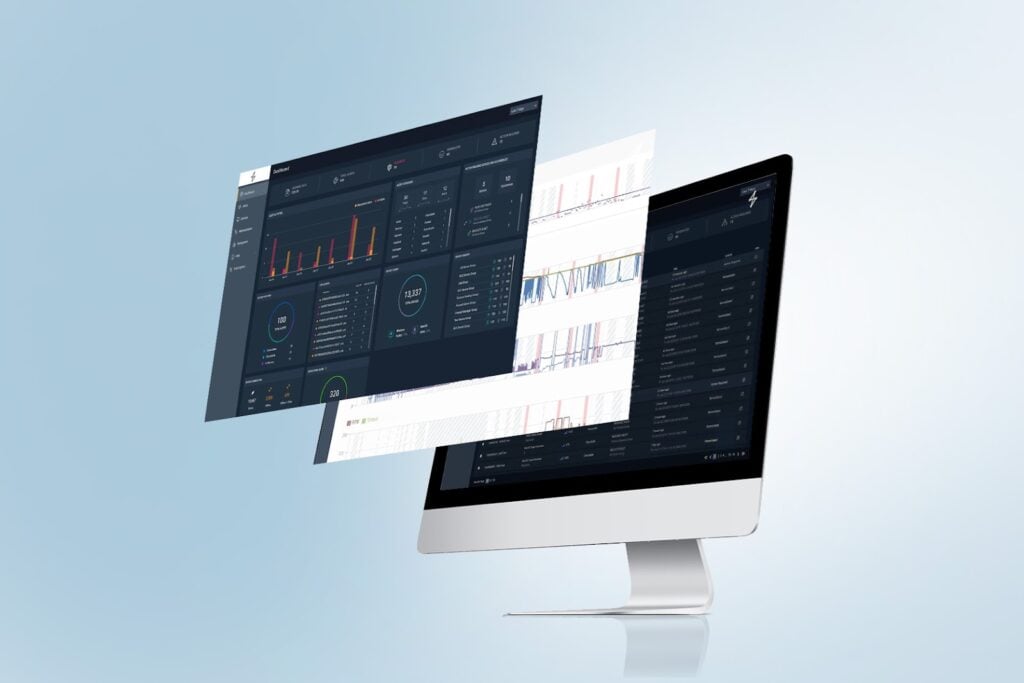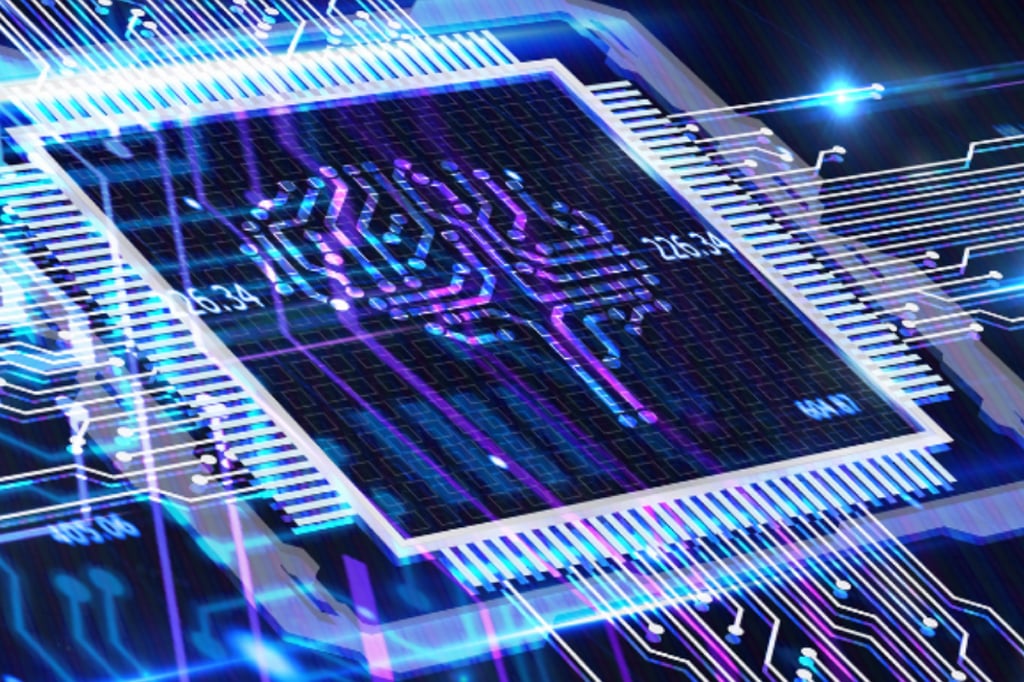Marvin Minsky and John McCarthy are widely considered to be the fathers of AI—but what about the mothers? Women have made invaluable contributions to the field, from pioneering computational linguistics to creating humanoid robots. In honor of Mother’s Day, we present our salute to 12 mothers of AI.

Ada Lovelace—The Computing Machine
Lovelace is considered one of the first computer programmers, despite the fact that she lived well before the invention of a computer—1815 to 1852 to be exact. Ada’s gift for mathematics was obvious at a young age and became clear when she theorized how codes could be created for a device to handle letters and numbers, as well as a method for the engine to repeat a series of instructions, or “looping” as it’s known today. Ada’s contributions to the field weren’t immediately recognized, but in 1980, her theories were used to develop a new computer language named in her honor.
Margaret Masterman—The Computer Speech Pathologist
The founder of the Cambridge Language Research Unit (CLRU), Margaret Masterman is often credited as a pioneer of research in computational linguistics, with her research beginning in the 1950s. Specifically, she focused on semantics vs. syntax—or making sure computers could differentiate between a phrase that is simply grammatically correct and one with reasonable, deeper meaning. She also studied ambiguity and its effects on natural language, interpreting the meaning of images, and the recognition of analogy and metaphors as part of language.

Barbara J. Grosz —The Natural (Language Processing Powerhouse)
A member of multiple computational science societies and the recipient of the 2009 Allen Newell Award, Grosz has left her mark on natural language processing (NLP). She also served as the first dean of science at Harvard Radcliffe Institute for Advanced Study, and is credited for building its science program. She is widely recognized for her contributions to the advancement of women in science, alongside her contributions to the fields of NLP and multi-agent systems.
Elaine Kant—The Software Synthesizer
A former Carnegie Mellon professor turned founder of SciComp, Inc., Elaine Kant has left significant marks on the field of AI since the 1970s (she demonstrated the CHI system for automatic programming in 1979). Kant is a widely recognized leader in software synthesis, known for her papers on automating algorithm design as well as her work with scientific computing environments. In addition to being CEO and President of SciComp, Kant also serves as Chief Scientist at Querium Corporation.
Lynn Andrea Stein—The Mother of Robots
As a mother of AI, it is important to note that Dr. Stein is also the “mother” of a humanoid robot named Cog, a project from MIT that learned from and imitated human behavior (and has the greatest FAQ page of all time). In addition to her research in artificial intelligence, Dr. Stein works to develop a broader vision of computing and engineering education globally. She was a founding faculty member of Olin College of Engineering, developing computing and design curricula.
Leslie Pack Kaelbling—The Robot Trainer
American roboticist, founder and editor-in-chief of the Journal of Machine Learning Research, and MIT Computer Science and Engineering professor, Leslie Kaelbling has accumulated quite a substantial resume in the world of AI. Most notably, she is praised for developing programming tools for robot navigation by applying reinforcement learning to embedded control systems, for which she received the prestigious IJCAI Computers and Thought Award.

Cynthia Breazeal—The Emotion Translator
An associate professor at MIT and founder and Chief Scientist at Jibo, Cynthia Breazeal is most famous for the creation of the social robot, Kismet. Breazeal believes that robots should function as not just industrial tools, but social and emotional companions. Kismet proved her vision true, as Kismet learned to recognize and display emotions. Breazeal has said, “In 2-5 years, I see social robots helping families with things that really matter, like education, health, eldercare, entertainment, and companionship.”
Andrea Frome—The Privacy Protector
Originally an environmental scientist, Frome discovered a particular interest in the data and modeling aspects of the work she was doing, and eventually found her way to the top of artificial intelligence research. She got her Ph.D. in computer vision and machine learning at Berkeley and is now credited with launching research on visual classification for Google Street View. In essence, this work is meant to ensure the software is accurate enough to blur all faces and license plates in the surrounding environment for privacy purposes.

Latanya Sweeney—The Social Scientist
As a professor of government and technology at Harvard University, Sweeney fuses her two specialties into a unique approach to AI—creating and using technology to assess and solve societal, political, and governance problems. Sweeney has received both professional and academic awards for her work with challenges of security, privacy, and bias in personal data and machine learning algorithms. In addition to teaching at Harvard, Sweeney is the Director of the Data Privacy Lab in IQSS at Harvard.
Daniela Rus—The Robot Futurist
Daniela Rus is a professor of electrical engineering and computer science at MIT, where she founded the Dartmouth Robotics Lab, and she is the current director of the MIT Computer Science and Artificial Intelligence Laboratory. Rus imagines a future where “robots are so integrated in the fabric of human life that they become as common as smartphones,” and follows this envisioned society by pioneering work in self-configuring robots that adapt to different environments by changing their internal structure.
Fei-Fei Li—The AI Democratizer
As Chief Scientist of Artificial Intelligence and Machine Learning at Google Cloud, Fei-Fei Li has taken AI to new heights. She was responsible for building ImageNet, which is a 15 million image dataset that contributed to the latest developments in deep learning and artificial intelligence. She co-founded the nonprofit AI4ALL, which supports K-12 education programs for underrepresented groups in AI, stating, “We all have a responsibility to make sure everyone—including companies, governments and researchers—develops AI with diversity in mind.”
Ayse Naz Erkan—The Twitter Mom
We might feel wary of our own mom’s interactions on Twitter, but we do follow a mother of AI. Ayse Naz Erkan is a former roboticist who leads the Content Understanding and Applied Deep Learning team at Twitter. What does this mean? Erkan spends her days keeping you safe on Twitter, just like your actual mother would!
To all the mothers of AI, dog moms, and any other moms out there, happy Mother’s Day.
*Cynthia Breazeal, header photo courtesy of Re/code.net
















